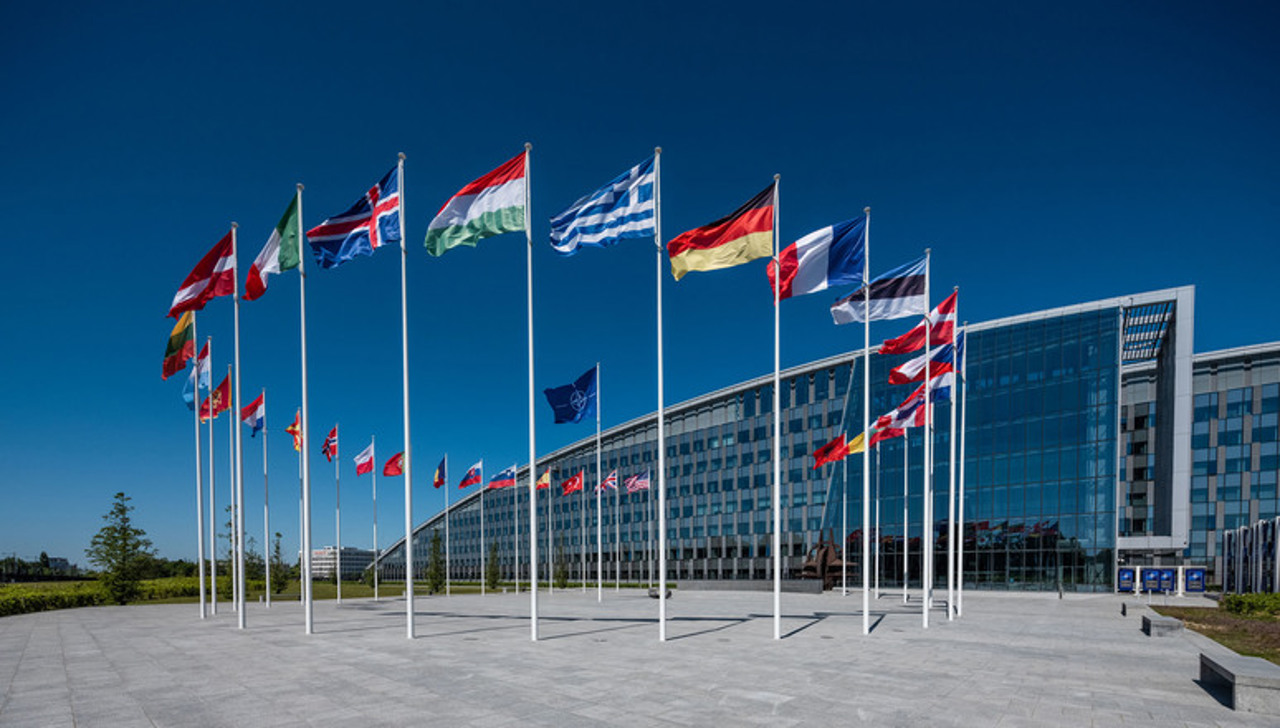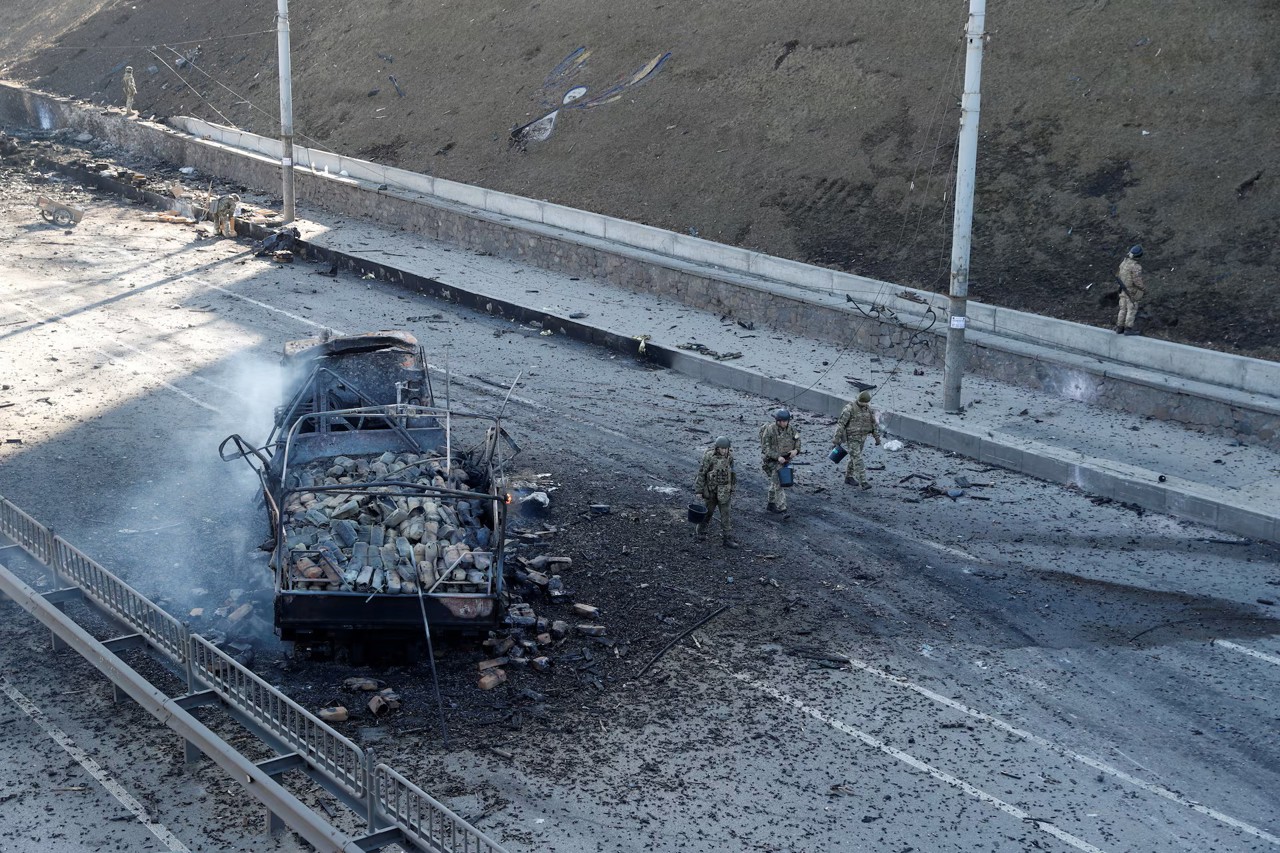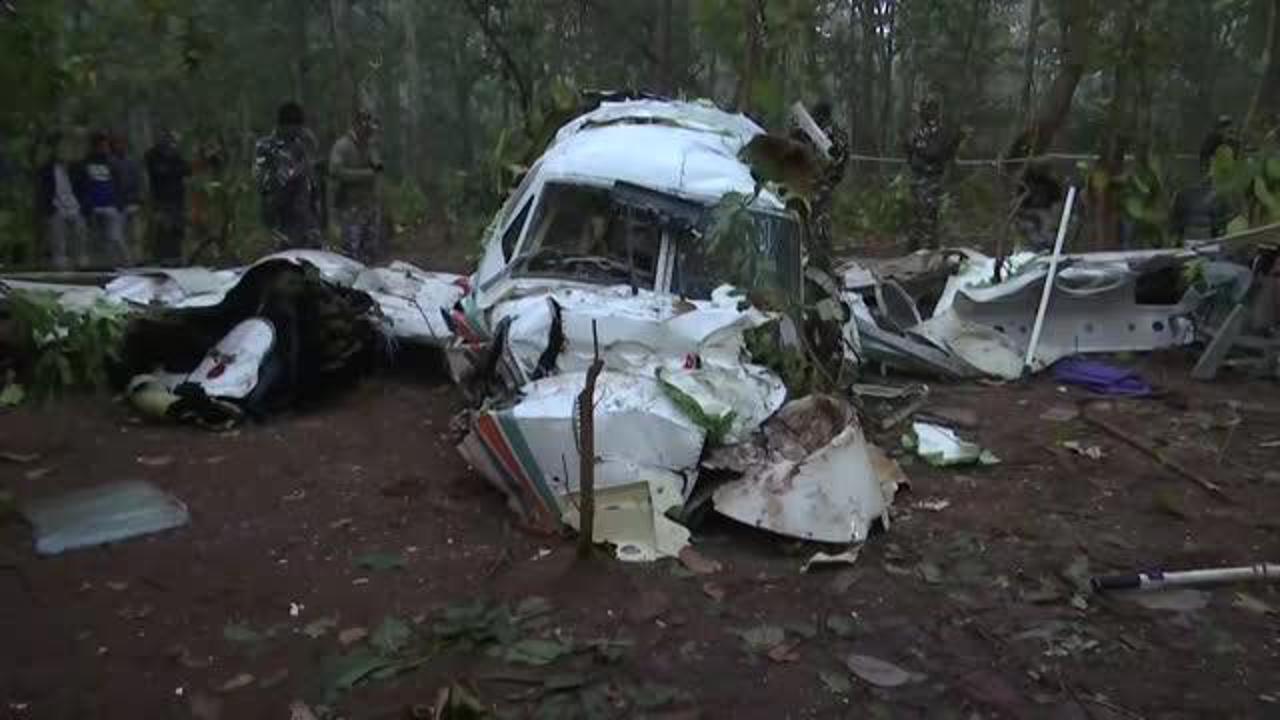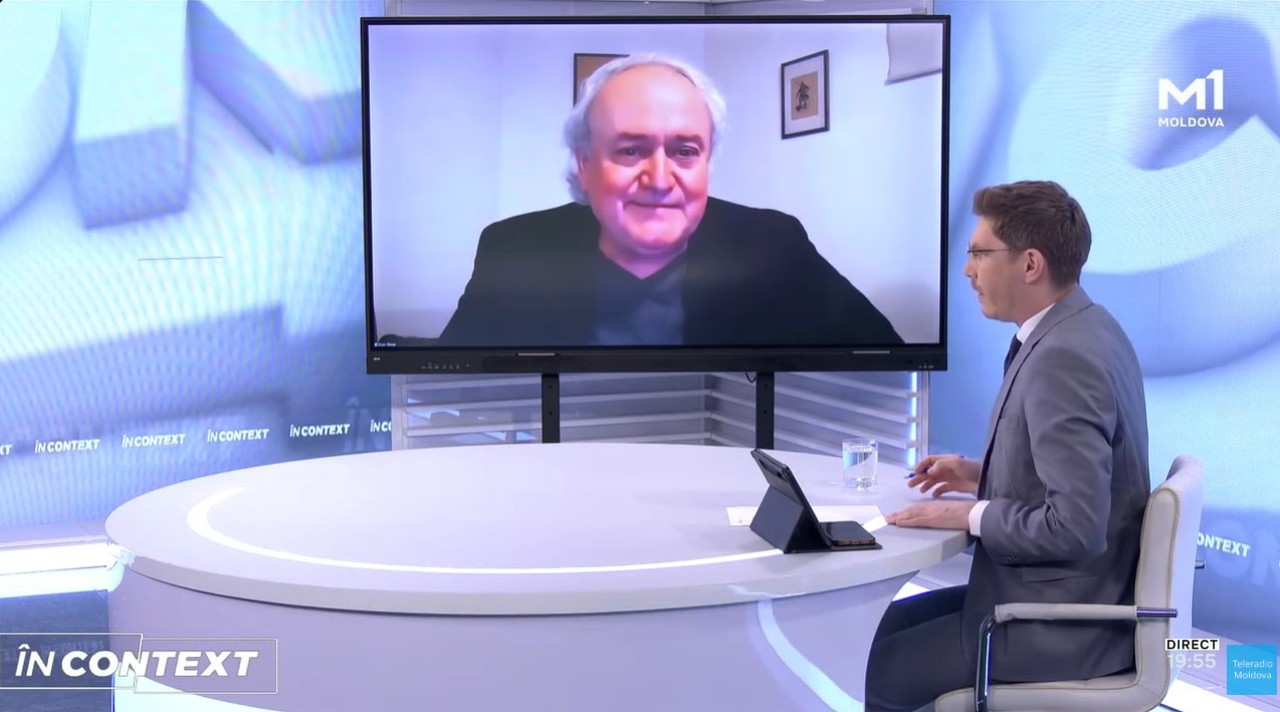NATO's military committee meets in Brussels
NATO's main military authorities and representatives of Finland and Sweden are meeting today at Alliance headquarters in Brussels for a two-day meeting at the highest level of the Military Committee. The Deputy General Secretary of NATO, Mircea Geoană, will open the first session of the meeting together with the President of the Military Committee, Admiral Rob Bauer. The latest political objectives will be presented and the security challenges facing the Alliance in the current global context will be discussed, said NATO in a press release.

Allies will have the opportunity to discuss NATO's implementation of the Euro-Atlantic Deterrence and Defense Concept, as well as military capabilities and capacity to defend the Alliance against all current and future challenges - with a focus on multi-domain operations, digital transformation and strengthening the interoperability of allies, Agerpres reports.
The agenda of the meeting, to which Finland and Sweden have been invited, as candidate states for joining the North Atlantic Alliance, will also include a discussion on the war in Ukraine and the support given to Kiev, as well as an analysis of the security context in the Balkans of the West, including from the perspective of the KFOR mission, which NATO is carrying out in the region. In context, we specify that on January 13, the KFOR mission, the 18th contingent of the National Army of the Republic of Moldova, consisting of 41 professional soldiers, was deployed to Kosovo. They will perform security and guarding missions of military objectives and patrolling the area of responsibility.
German Chancellor Olaf Scholz said in an interview with Bloomberg on Tuesday, quoted by Digi 24, that he is in discussions with allies regarding the possible supply of heavy tanks to Ukraine. The German official stated that all decisions are made with the allies. Scholz has been under pressure from Alliance partners to send German-made Leopard heavy battle tanks to Kyiv if fighting intensifies in the spring. He has been criticised for the decision not to supply heavy weapons to Ukraine, arguing that it risked provoking Russian President Vladimir Putin to escalate the conflict. The chancellor won a reprieve earlier this month with an agreement to send 40 Marder combat vehicles and a Patriot air defence system to Ukraine as part of a joint announcement with the US. However, calls to the Allies to send Leopard tanks continued.




